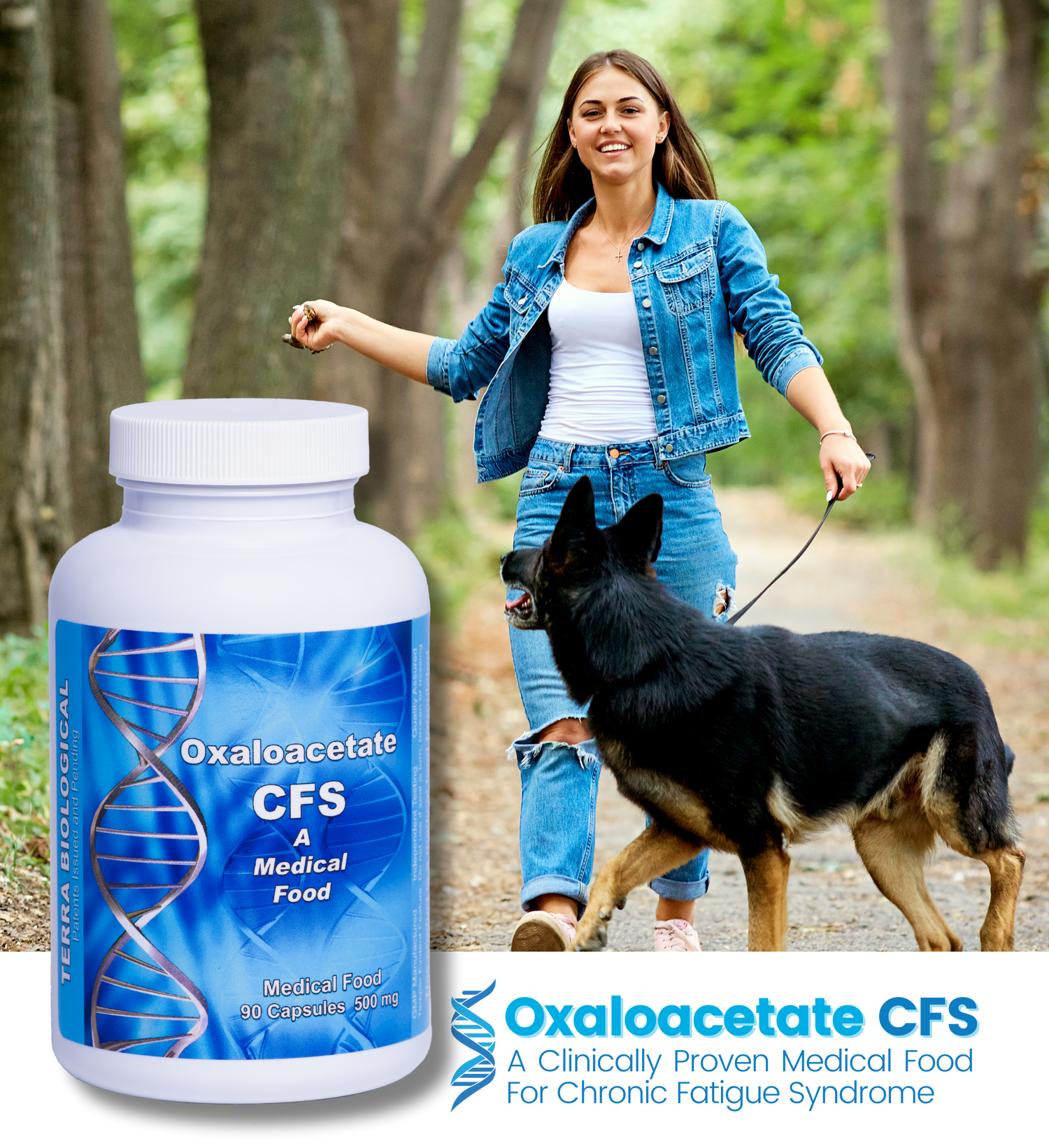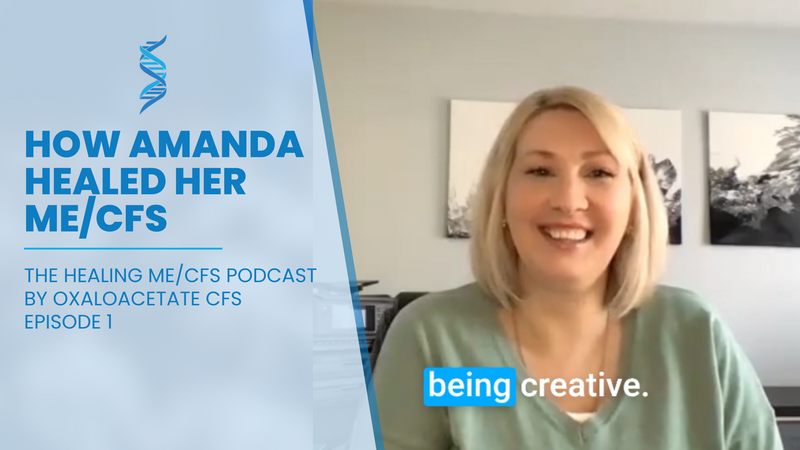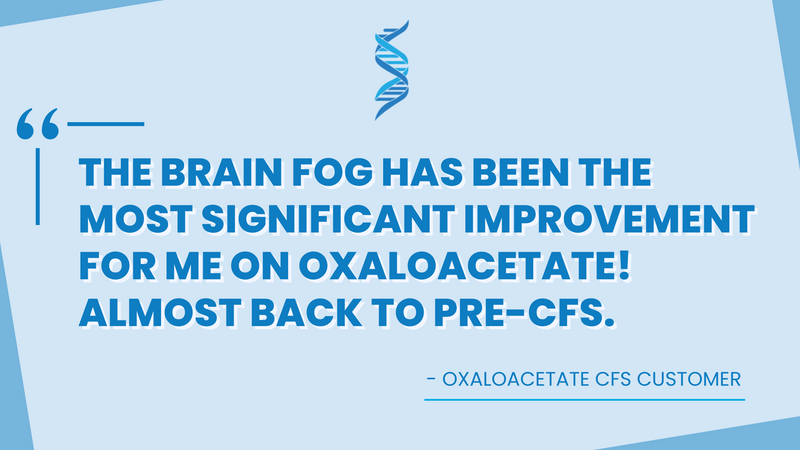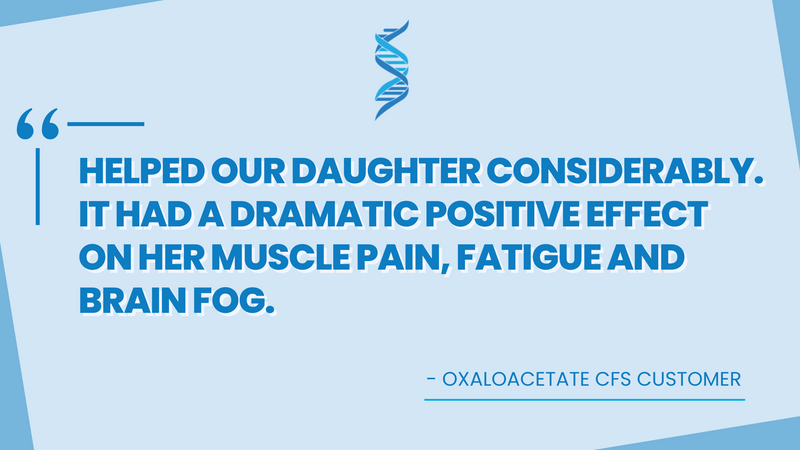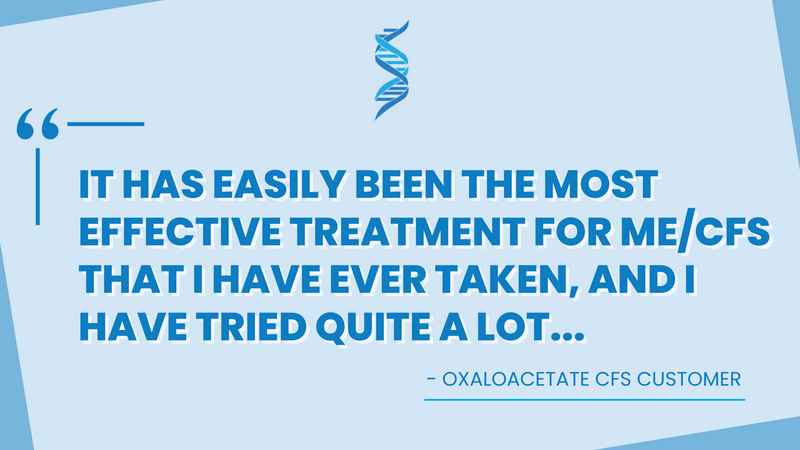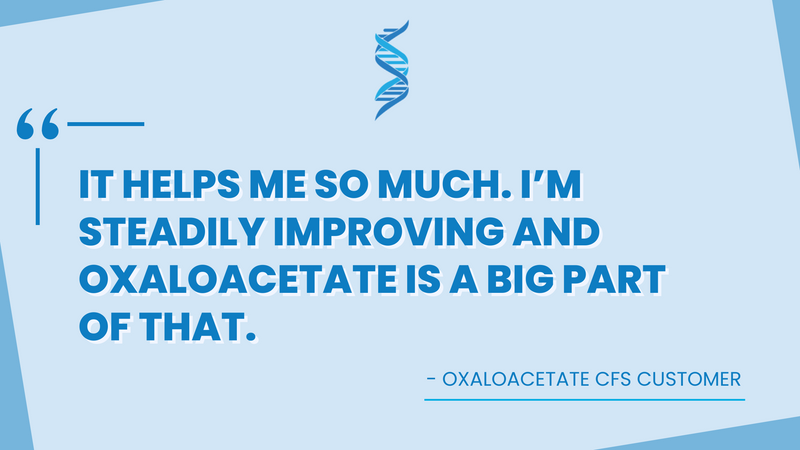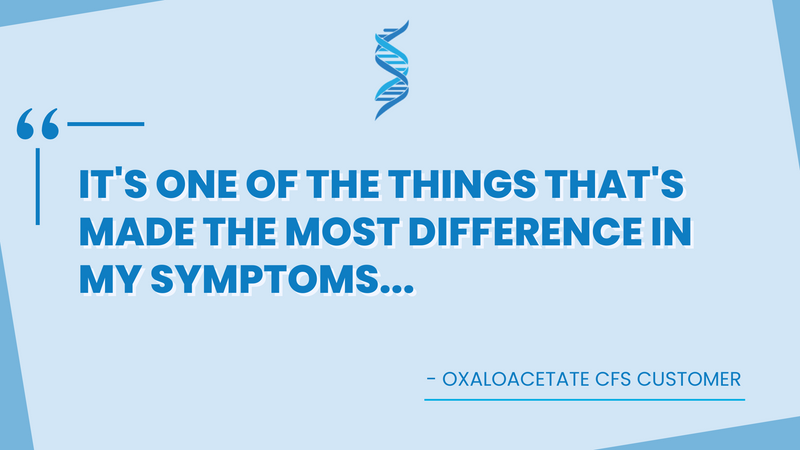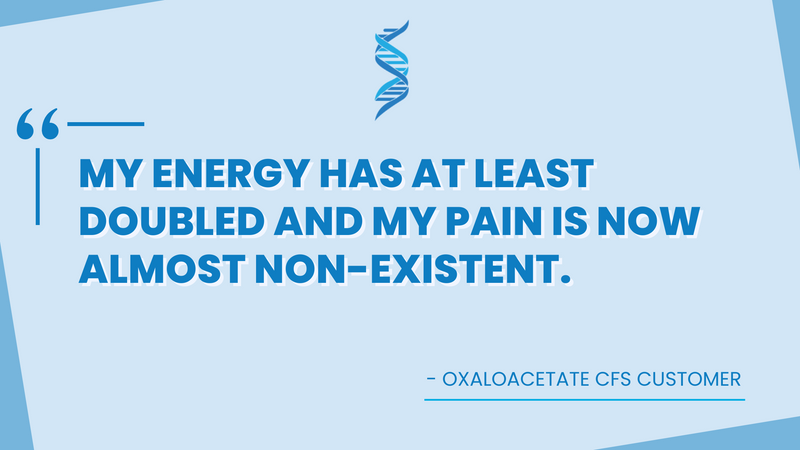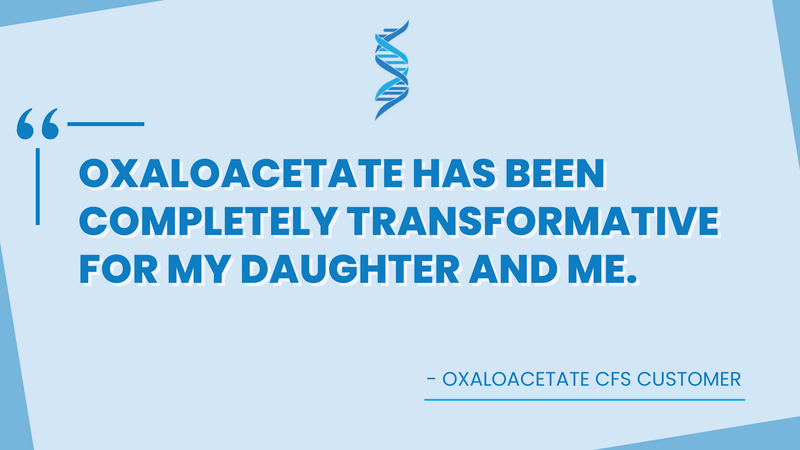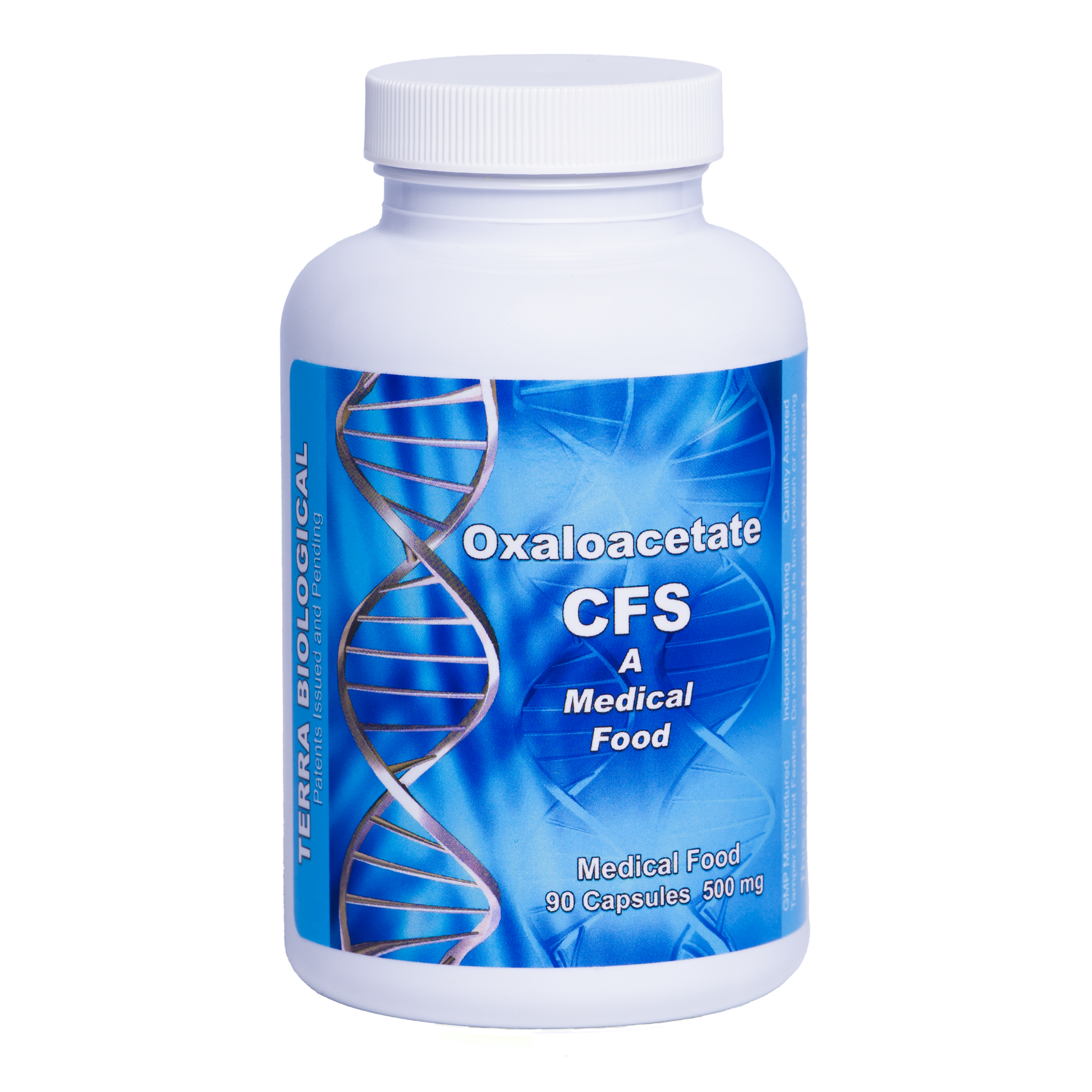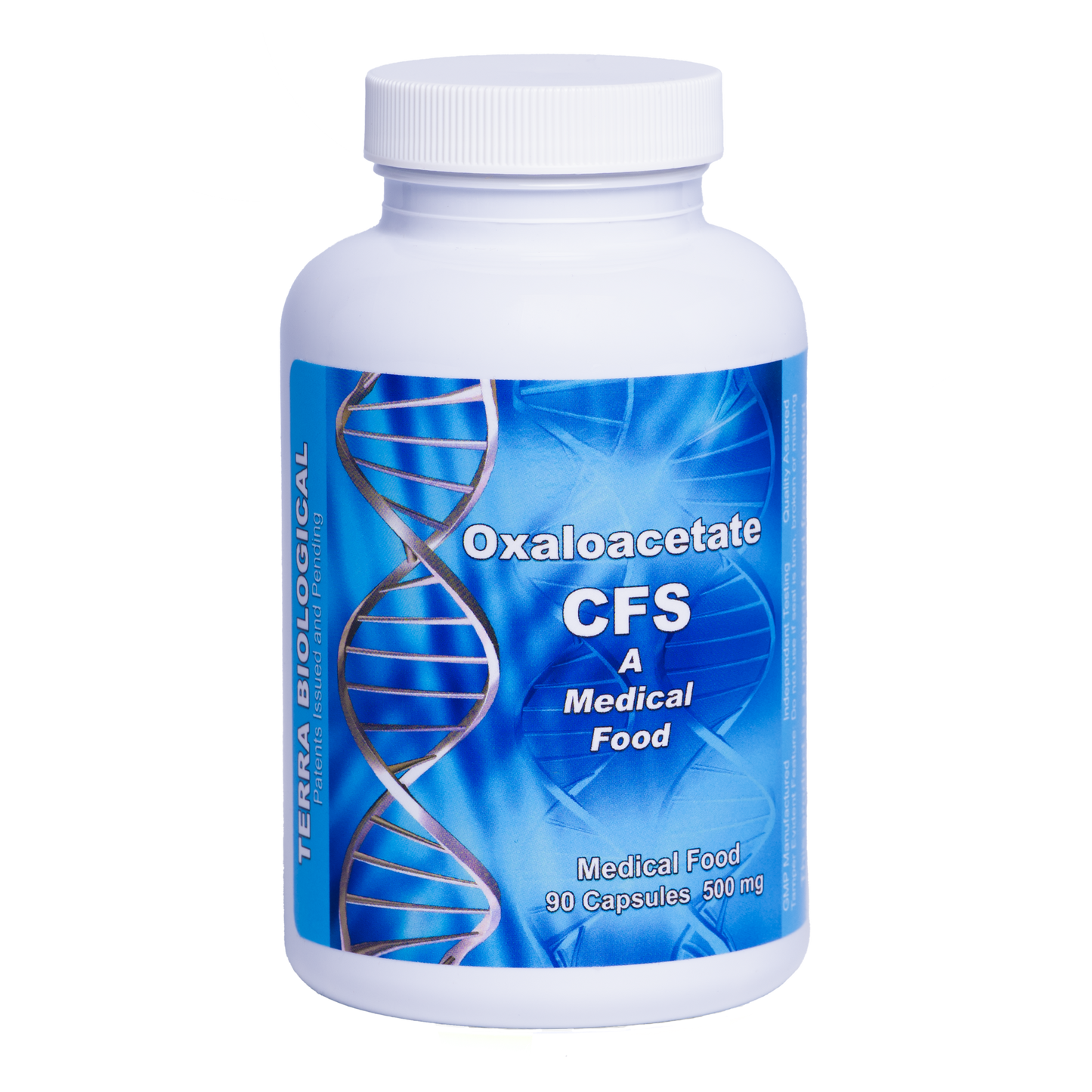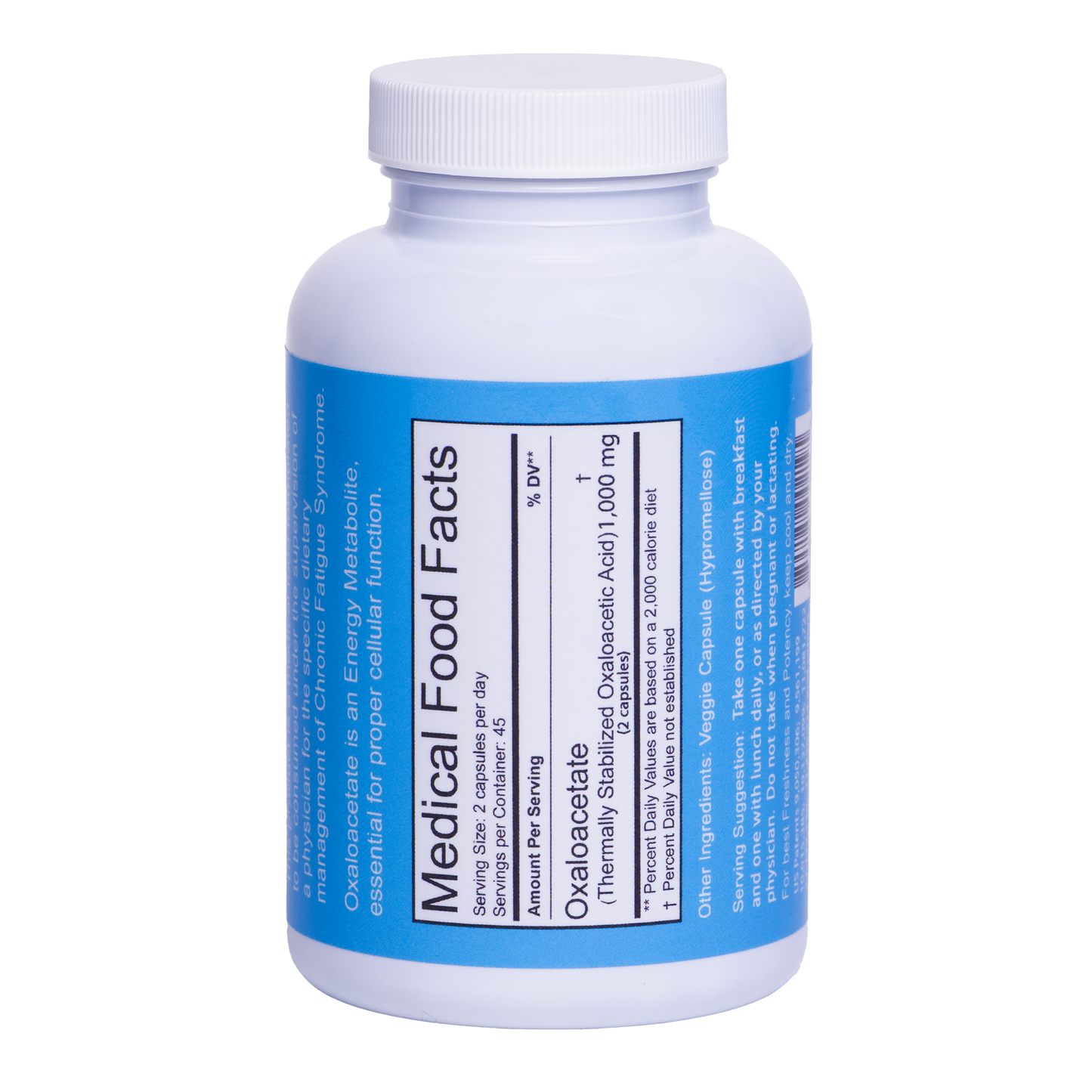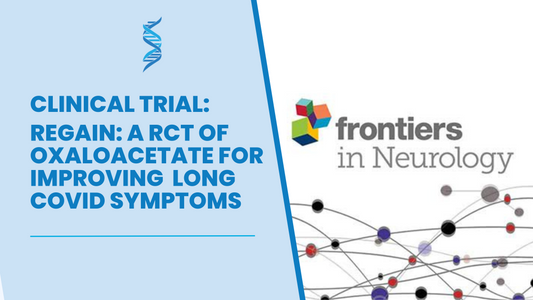Groundbreaking Clinical Trial Data
RESTORE ME: a RCT of oxaloacetate for improving fatigue in patients with ME/CFS
In Bateman Horne Center’s 2024 randomized, controlled clinical trial published by Frontiers in Neurology, 3 months of daily Oxaloacetate CFS yielded:
- A significant reduction of fatigue by an average of 25 to 35%
- Improvements in both mental and physical fatigue
- 40.5% of the oxaloacetate group were classified as "enhanced responders," with an average fatigue reduction of 63%

